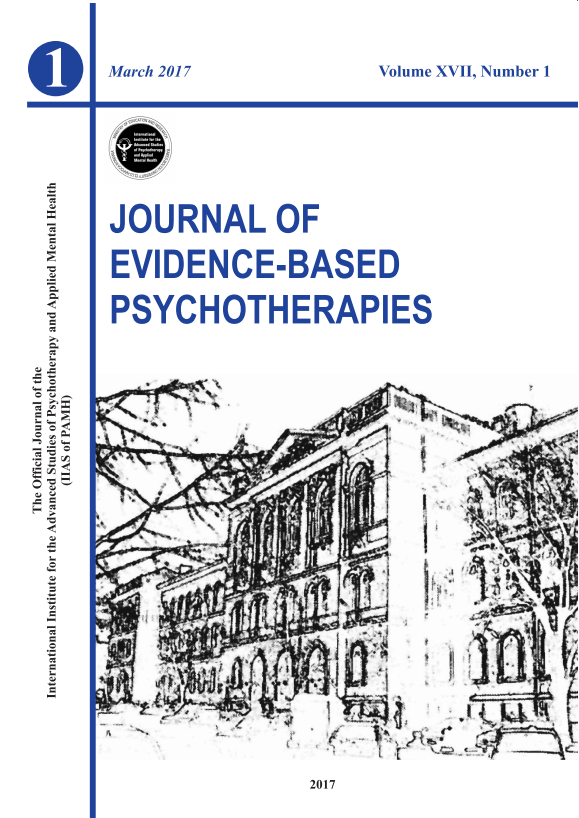Amani ElBarazi 1,2,3*, Osama A. Badary1,2,4, Mohamed M. Elmazar2,5, Hanan Elrassas6
amani.safwat@bue.edu.eg
1 Clinical Pharmacy Practice Department, Faculty of Pharmacy, The British University in Egypt, P.O. Box 43, El-Sherouk City, Cairo 11837, Egypt.
2 The Center for Drug Research and Development (CDRD), Faculty of Pharmacy, The British University in Egypt, P.O. Box 43, El-Sherouk City, Cairo 11837, Egypt.
3 Clinical Psychology Clinic, Safwat Elgolf Hospital, Almaza, Nasr City, Cairo, Egypt.
4 Clinical Pharmacy Practice Department, Faculty of Pharmacy, Ain Shams University, P.O. Box 11566, Abbasia, Cairo, Egypt.
5 Pharmacology and Biochemistry Department, Faculty of Pharmacy, The British University in Egypt, P.O. Box 43, El-Sherouk City, Cairo 11837, Egypt.
6 Neuropsychiatry Department, Faculty of Medicine, Ain Shams University, P.O. Box 11566, Abbasia, Cairo, Egypt.
Abstract
Earlier research has established that posttraumatic stress disorder (PTSD) and substance use disorder (SUD) frequently coexist. Aims: Cognitive Processing Therapy was compared to Sertraline and a placebo in an RCT for treating patients with comorbid SUD and PTSD. Methods: 150 patients with SUD and PTSD were interviewed by clinicians and asked to fill out the Clinician-Administered PTSD Scale (CAPS-5), Posttraumatic Stress Disorder Checklist (PCL-5), Beck Depression Inventory (BDI-II), Timeline Follow Back Interview (TLFB), and Brief Addiction Monitor (BAM). Patients were randomly assigned to the following conditions: CPT (n=50), Sertraline (n=50), or Placebo (n=50). Pretreatment, posttreatment, six and, twelve-month follow-up assessments were conducted. Results: When compared to the sertraline group, CPT resulted in much higher reductions in CAPS scores at posttreatment assessment (d=0.93, p < .000). When compared to the control group, CPT considerably reduced PTSD symptoms (the effect size, d=1.9, p < .000). Sertraline resulted in many significant decreases in CAPS when compared to control groups (the effect size , d=1.11, p<.000). At posttreatment, SUD and depression severity were significantly reduced in both CPT and Sertraline groups. After six and twelve months of follow-up, these differences persisted. Conclusion: Comparatively to the control group, CPT and Sertraline significantly decreased PTSD, SUD, and depression.
Please cite this article as: ElBarazi, A., Badary, O. A., Elmazar, M. M., & Elrassas, H. (2022). COGNITIVE PROCESSING THERAPY VERSUS MEDICATION FOR THE TREATMENT OF COMORBID SUBSTANCE USE DISORDER AND POST-TRAUMATIC STRESS DISORDER IN EGYPTIAN PATIENTS (RANDOMIZED CLINICAL TRIAL). Journal of Evidence-Based Psychotherapies, 22(2), 63-90.
DOI: 10.24193/jebp.2022.2.13
Published online: 2022/09/01
Published print: 2022/09/01
Keywords: Cognitive processing therapy, Sertraline, Posttraumatic stress disorder, Substance use disorder, Depression.
